
Purchasing power decreased, orders decreased accordingly.
When the US reciprocal tax policy officially took effect from July 2025, Vietnamese enterprises, especially those in key export industries such as wood, footwear, seafood, etc., immediately felt a clear impact. Although it did not cause a big "shock" in terms of competitive advantage, the new tax rate caused a significant decrease in consumption in the US market - the most important output of Vietnamese goods.
According to the General Statistics Office ( Ministry of Finance ), in the first 9 months of 2025, Vietnam's total import and export turnover reached 680.66 billion USD, up 17.3% over the same period. Of which, the United States is still the largest export market, reaching 112.8 billion USD, contributing significantly to the country's trade surplus of 16.82 billion USD. However, behind the growth figures is the concern about reduced purchasing power due to tax impacts.
Vice President and General Secretary of the Vietnam Leather, Footwear and Handbag Association Phan Thi Thanh Xuan said: “The United States accounts for nearly 40% of Vietnam's leather and footwear export turnover, so any change in policy will have a strong impact. With the 20% reciprocal tax rate that the United States imposes on Vietnamese goods, businesses' costs have increased significantly. This 20% tax rate is being shared throughout the chain - from manufacturers to raw material suppliers to balance and avoid causing disruption. However, compared to countries like Indonesia, India, and Bangladesh (at 19%), the difference is only about 1%; while China has higher taxes, Vietnam's competitive advantage is not too alarming, but the market's purchasing power has declined."
Vice President and General Secretary of the Vietnam Timber and Forest Products Association (Viforest) Ngo Sy Hoai said the industry aims to achieve an export target of about 18 billion USD for the whole year of 2025, with the US continuing to be the largest market, accounting for 56% of the total turnover. However, in the context of high tariffs, this target will face many difficulties in the final months of the year.
In the seafood industry, the impact on orders is also evident. Ngo Minh Phuong, CEO of Viet Truong Co., Ltd., said: “As soon as the US announced the reciprocal tax policy in April 2025, orders poured into Vietnam, at times increasing by 500-600%. But in July, when it was officially applied, many US importers suddenly canceled orders, causing businesses to fall into a passive position.” Faced with this situation, Viet Truong Co., Ltd. and many other seafood businesses were forced to expand their markets and develop value-added products to reduce the risk of dependence.

Businesses proactively adapt
According to Do Ngoc Hung, Commercial Counselor of the Vietnam Trade Office in the United States, the US's reciprocal tax policy is not based on trade defense investigations but on the principle of bilateral trade deficit. This is a long-term policy but also depends on many factors, so Vietnam needs to respond promptly and comprehensively, both negotiating bilaterally and taking advantage of incentives from free trade agreements to balance the trade balance.
"The US Customs and the US Department of Commerce are tightening control over the origin of goods. Exporting enterprises need to comply with current US regulations, standardize and make transparent certificates of origin and commercial invoices, to avoid being investigated or subject to additional defense tariffs," warned Mr. Do Ngoc Hung. However, the positive signal is that US distribution and retail corporations still affirm that they will continue to purchase and invest in Vietnam, especially when the year-end holiday season (Christmas, Thanksgiving, Halloween) is approaching.
At the recent press conference of the Ministry of Industry and Trade for the third quarter of 2025, Deputy Minister of Industry and Trade Nguyen Sinh Nhat Tan said: "Vietnam has been making efforts to promote negotiations with the United States on reciprocal taxes. The two sides have maintained regular exchanges, achieved many positive results, and are moving towards an agreement in the spirit of equality, mutual respect, and mutual benefit." According to Deputy Minister Nguyen Sinh Nhat Tan, in October and November, the Vietnamese negotiation delegation will visit the United States to discuss and perfect the reciprocal trade cooperation mechanism, aiming at the long-term goal of maintaining stable economic-investment relations and harmonizing bilateral interests.
With a large proportion of exports to the United States, a representative of the Viforest Association proposed that the State consider removing the 25% export tax on imported sawn timber. According to Viforest, maintaining this tax rate in the context of temporary import and re-export does not bring benefits.
Experts say that in the face of countervailing tax pressure, Vietnamese businesses must consider adaptation as a survival strategy. In addition to expanding the market, businesses need to invest in product innovation, transparently trace their origins, and meet green and sustainable standards, which are increasingly demanded by US consumers. Industry associations need to become a bridge to support information, coordinate negotiations, and create a common voice. In the long term, diversifying markets, increasing the localization rate of raw materials, and improving international compliance capacity will be the direction to help Vietnamese businesses overcome countervailing tax challenges and consolidate their position in the global supply chain.
Source: https://hanoimoi.vn/thich-ung-thue-doi-ung-doanh-nghiep-viet-tim-huong-di-moi-720175.html





![[Photo] Cat Ba - Green island paradise](/_next/image?url=https%3A%2F%2Fvphoto.vietnam.vn%2Fthumb%2F1200x675%2Fvietnam%2Fresource%2FIMAGE%2F2025%2F12%2F04%2F1764821844074_ndo_br_1-dcbthienduongxanh638-jpg.webp&w=3840&q=75)


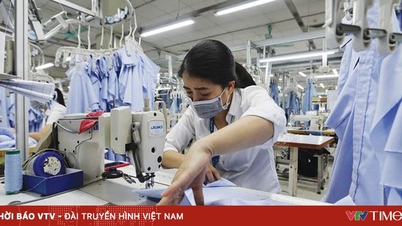



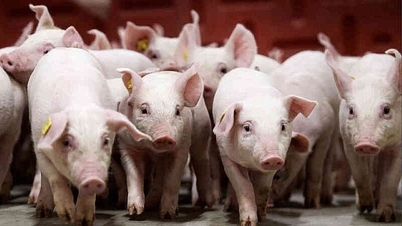

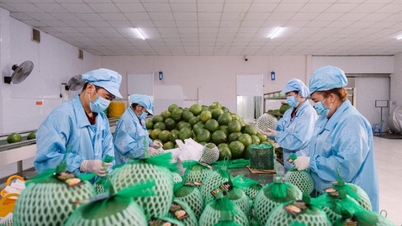




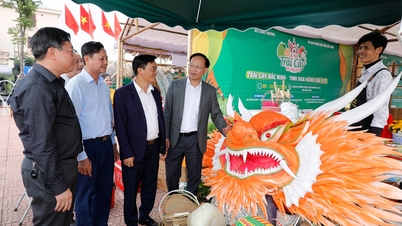



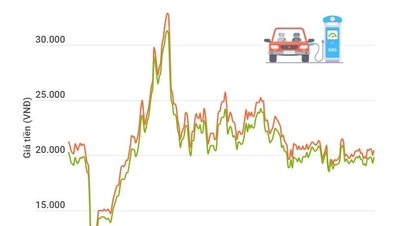



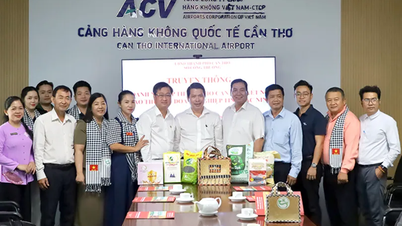






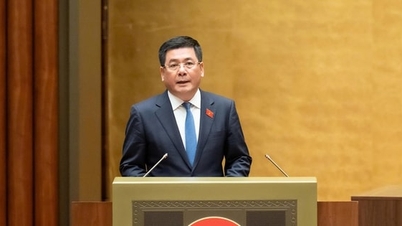

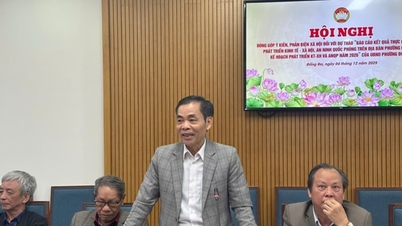

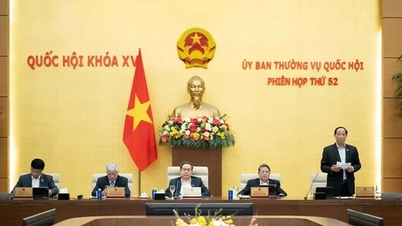

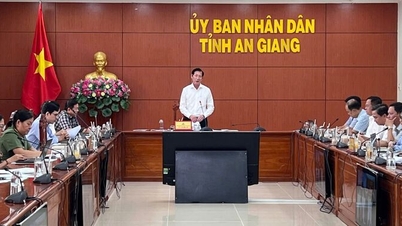








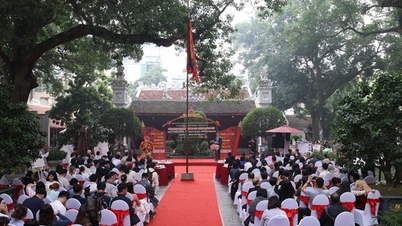



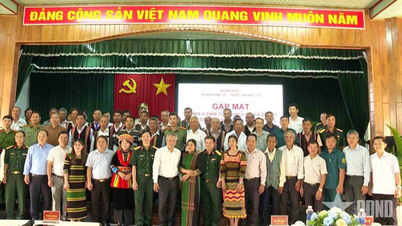





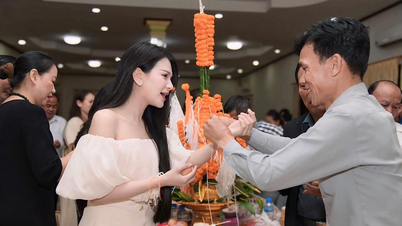

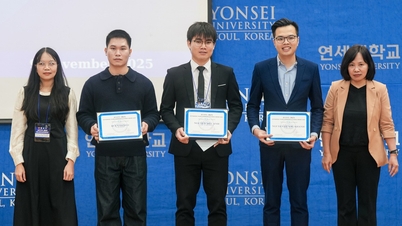

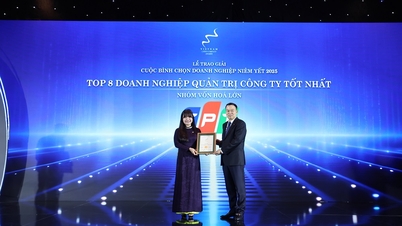



![[VIMC 40 days of lightning speed] Da Nang Port: Unity - Lightning speed - Breakthrough to the finish line](https://vphoto.vietnam.vn/thumb/402x226/vietnam/resource/IMAGE/2025/12/04/1764833540882_cdn_4-12-25.jpeg)

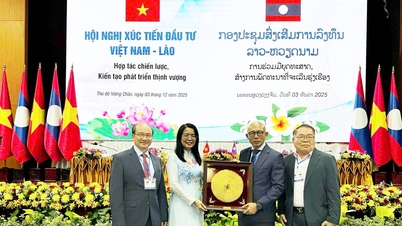
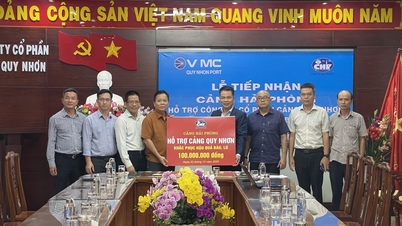














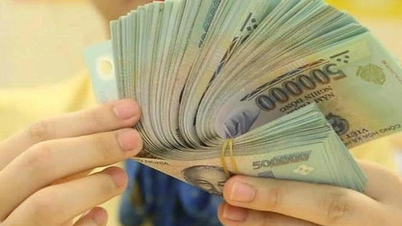


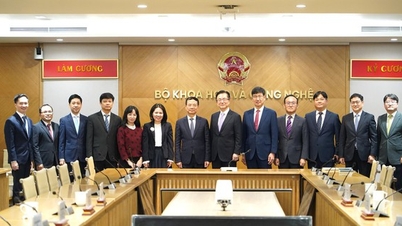


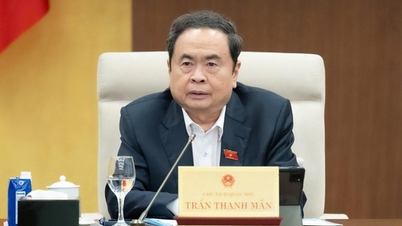






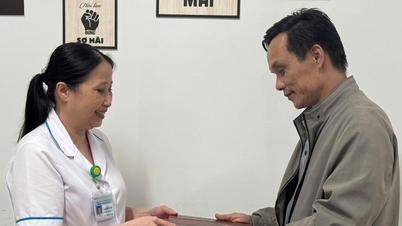
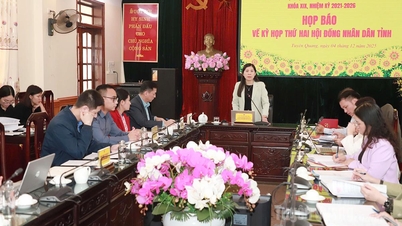















Comment (0)